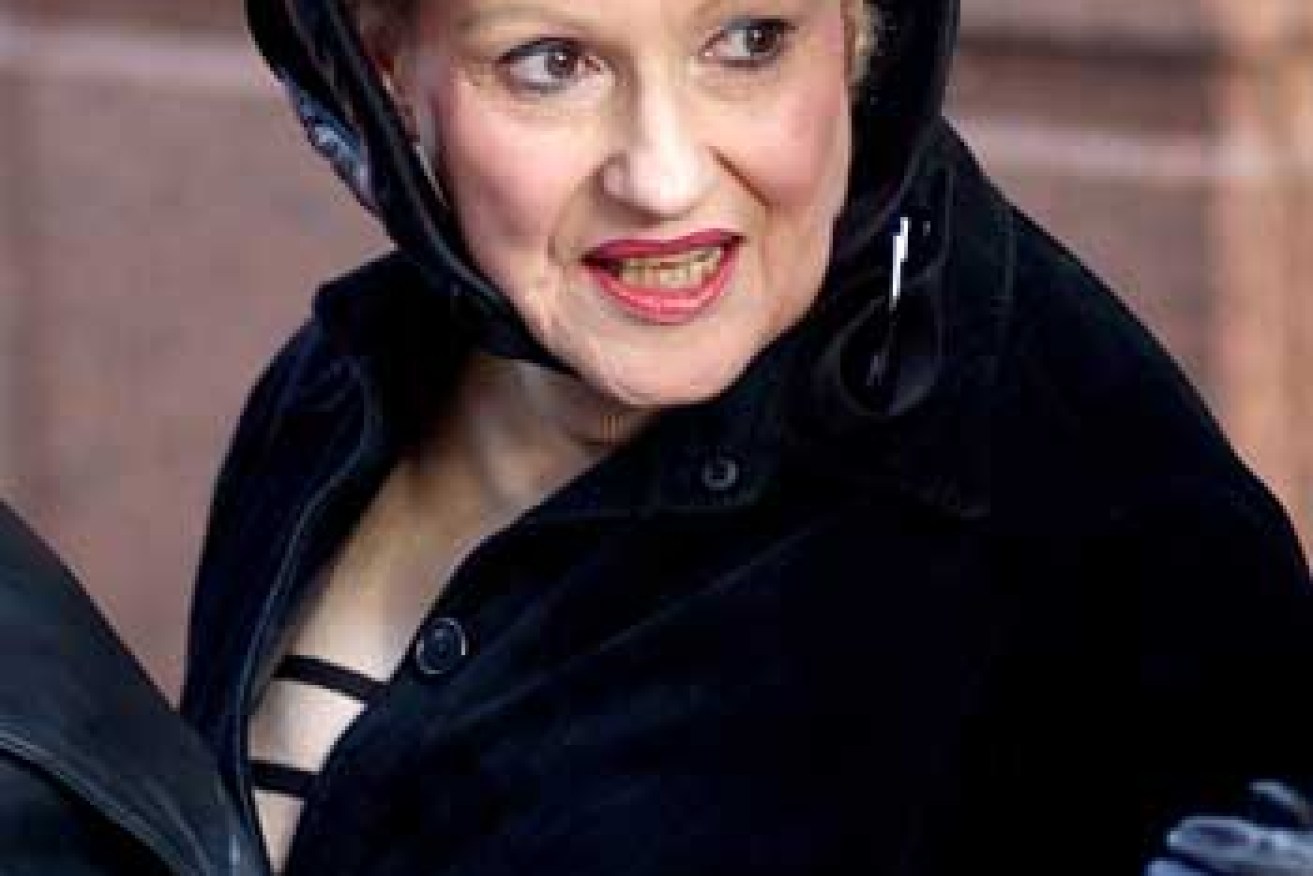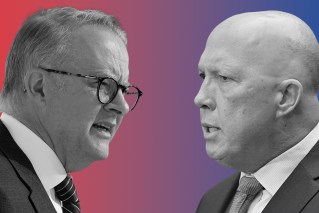Bronwyn Bishop: the end of a political warrior

Mrs Bishop gave the government an easy ride in parliament. Photo: AAP
Bronwyn Bishop made her political name as the scourge of loose government spending.
Now, 25 years on and aged 72, she has lost the speakership – and surely her last political post – for being loose with taxpayers’ money herself.
It’s a poor end for one of the great Liberal warriors of her generation who had prime ministerial ambitions and proudly smashed political glass ceilings.
• Bronwyn Bishop resigns in the wake of expenses saga
• Embattled Bishop bails on trip to New York
• Clive Palmer’s bizarre goodbye to Bishop
Tony Abbott once described himself as the political love child of John Howard and Bishop – and you can see what he meant.
Controversy, whether as a frontbencher or speaker, was never far from this valkyrie with the helmeted hair, glittering eye and headmistress voice.

Bronwyn Bishop decided early on that the political life was what she wanted. Photo: AAP
Bishop decided as a precocious 16-year-old that politics was for her; which was why she studied law at Sydney University.
Yet unlike so many other future politicians, she largely stayed out of student politics, preferring to make her mark with the Young Liberals and in the branches in northern Sydney.
In 1985 she became the first woman president of the NSW Liberals and two years later was elected to the Senate.
She quickly gained a fearsome reputation on its estimates committees.
She’d keep committees sitting deep into the night as she harried ministers and public servants. Gareth Evans, then government leader in the Senate, said he took an instant dislike to her to save time.
In a period of Labor hegemony, she was keeping the Liberal flame alight.
The Senate, however, wasn’t big enough for her ambitions and she moved to the lower house through a by-election in 1994 for the safe seat of Mackellar.
She flirted with challenging for the leadership in 1994, but couldn’t find the numbers.
The prize went, if briefly, to Alexander Downer, who made Bishop health shadow.
She promptly declared her support for tobacco advertising, which put her at odds with just about everyone. She was moved on the following year.
When the Coalition finally returned to power in 1996 John Howard made her Minister for Defence Industry, Science and Personnel.
Although a junior ministry she loved being around soldiers and military hardware.
In 1998 she was moved to aged care and two years later suffered her greatest scandal – the revelation that residents at a private nursing home in Melbourne suffered blistering from being bathed in a weak kerosene solution as treatment for scabies.
She was dropped from the ministry after the 2001 election.

Mrs Bishop gave the government an easy ride in parliament. Photo: AAP
The speakership became her new target and she campaigned unsuccessfully for the position in 2004.
But at her next opportunity, after Tony Abbott’s 2013 election win, she finally got her leader’s nod.
The role of speaker may usually be little noticed in the wider world, but it’s very powerful within parliament. To some extent the speaker’s approach and personality set the tone, particularly at question time.
From the outset Bishop made it clear where her loyalties lay.
Unlike the two immediate past Labor speakers, and unlike the widely-admired British system, she continued to attend party room meetings. That gave the impression of continuing partisanship.
In question time, governments have huge built-in advantages.
Bishop gave Abbott’s government even more.
She rarely even listened to Labor points of order – though, in fairness, plenty were provocative. She allowed ministers to get away with totally unresponsive answers.
Above all, she threw out Labor MPs by the bucketload, for sins both substantial and barely discernible. Crimes and misdemeanours on the government side were usually ignored.
According to the score sheet kept by opposition house leader Tony Burke’s office, she’s expelled Labor MPs 393 times. The coalition has suffered seven.
In a statement, Mrs Bishop said she had tendered her resignation effective immediately.
“I have not taken this decision lightly,” she said.
“It is because of my love and respect for the institution of parliament and the Australian people that I have resigned as Speaker.”
– AAP








